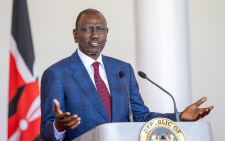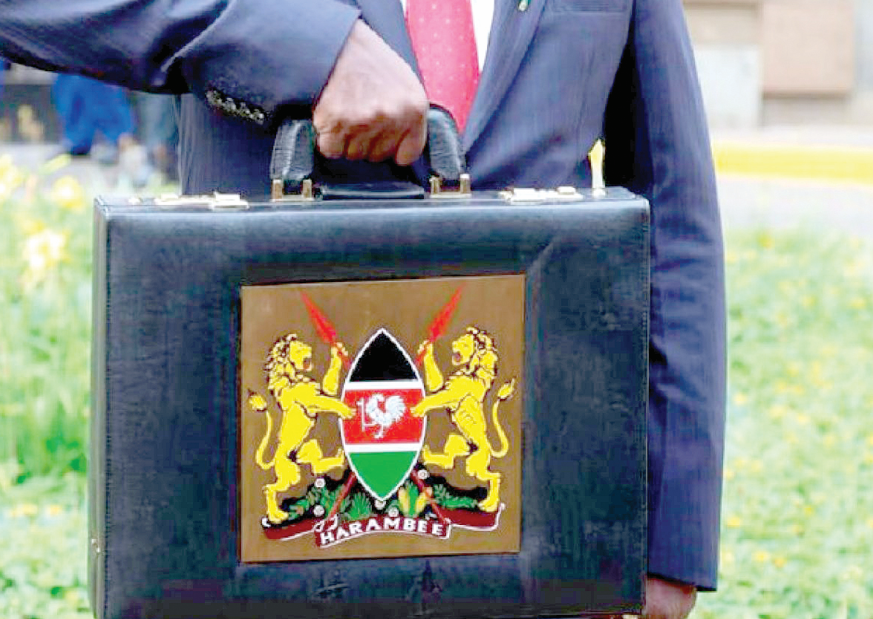Banks urged to consider going green, Central Bank of Kenya (CBK) governor Patrick Njoroge

Central Bank of Kenya (CBK) governor Patrick Njoroge has challenged commercial banks to align their loan portfolios with the Paris Climate agreement warning that failure to do so could affect the quality of their assets.
Njoroge said with a global move towards a net zero emissions economy, significant funding will be required to steers this attempt and banks must rise to the challenge, or else they will be left with loan portfolios that no longer support sustainability.
Net zero emission means a situation where current man-made greenhouse gas emissions are being removed from the atmosphere through set reduction measures, thus reducing the earth’s net climate balance, through natural and artificial sinks.
Net zero emission
“Significant financing will be required as the world moves to mitigate and adopt to climate change. Will banks rise to this challenge?” the governor posed.
Speaking at the fourth annual bankers Conference organised by the Uganda Bankers Association where he was the chief guest on Tuesday, the governor gave a speech on how the financial sector can thrive in the era of the fourth industrial revolution.
“The consequences of failure are dire to society and banks specifically as they reel from the damage to their loan portfolios from extreme weather events,” he said.
He warned that banks risk being left with loans that are no longer viable since they don’t fit in the drive for net zero emissions.
“Further, banks may be left with stranded assets, if they do not keep abreast with the transition to a net zero emissions global economy.”
The construction of the Lamu Coal Power plant in Kenya is an example, also called Amu Power, the deal ended abruptly after a key US financier pulled out of the deal following activist pressure over pollution and other environmental concerns leaving early investors with stranded capital.
Speaking at a time when Kenyan banks are saddled with more than Sh1 trillion in bad loans following the pandemic knocks, most businesses and households were pushed over the cliff leaving them unable to service their loans.
Banks were challenged to digitise with caution as the cyberspace comes with serious risks where banks in Kenya are already losing billions in cybercrime.
He called upon financial institutions to strengthen their governance structures and put in place strict anti-money laundering checks citing risks such as Dusit attack was partly due to a weak anti-money laundering regime.











